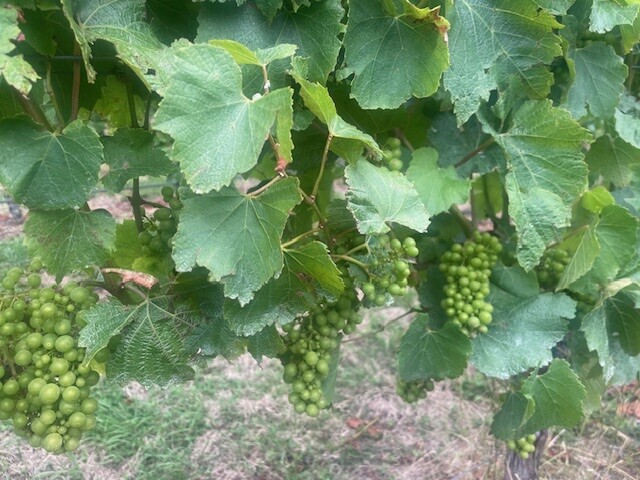World Environment Day this month was an official call for the global reduction of plastic, which just so happened to inspire a pretty well known Argentinian winery to significantly reduce its use of another intensively used resource - glass.
The winery in question is Bodega Catena Zapata in Mendoza, Argentina and its shift to lighter weight glass bottles represents a 24% lighter bottle than the industry's global average. But it's more than a mere technical change, says family member Laura Catena, "It's a cultural one".
With this thought in mind, I asked Catena Zapata's sustainability expert, Silvina Van Houten, to share what led this winery to its sustainability focus; an interview we did via email on this occasion, although I have visited Bodega Catena Zapata, albeit a few years ago now.
Here is our interview with Silvina's insights into this bodega's sustainable focus.
My wine of the week follows below.
What inspired a sustainable focus at Catena Zapata?
Our mission is to continue producing wine in this region for centuries to come, which can only be realised by a communal effort, working with the larger Argentine wine community. This gives us a commitment to informed action and sustainability that goes beyond the vineyard and winery and requires great amounts of work, outlined below.
Where does organic viticulture fit into your vineyards?
We have over 1000 hectares of organically certified vineyards throughout Argentina and 73% of our vineyards in Mendoza are certified organic.
How do you plan to enhance sustainability in future?
We are working on several iniatives to continue increasing our positive impact on the planet.
These includes our Catenat Plan 2030, which is to reforest our vineyards by planting and establishing 5,000 native trees in our vineyards by 2030. They are adapted to the climatic conditions and do not need supplementary irrigation, thus saving the scarcest resource for the province.
How does your reforesting help the environment?
It will restore native ecosystems in our region and the services they provide, in line with the obligations assumed by Argentina in the Paris Agreement.
Feforesting will help with carbon sequestration to mitigate climate change. It will provide ecosystem services and promote biodiversity in our farms and it will see employment generation in the nurseries that provide these trees for planting and their subsequent care.
We also plan to optimise water resources. A PhD student is currently researching water usage at our winery and, with his support, we aim to determine the water requirements of the vineyards, using robust measurements.
How does glass feature in the sustainable packaging options for wine?
Glass remains the gold standard for premium wines because it is chemically inert. It has the ability to preserve quality over time and consumer perception.
That said, it’s not always the most environmentally friendly option.
Why is glass not the most environmentally friendly option?
When we look at packaging through a life cycle assessment lens, glass often has a significantly higher carbon footprint, primarily due to the energy required for production and the emissions associated with transportation. There are alternative options but the best option depends on the wine style, target market and distribution model.
What alternatives are there for wine?
It’s crucial that we explore and continue to work towards lower impact alternatives. Every component, from bottle to box, plays a role in the environmental impact and rethinking each of them opens real opportunities to reduce our footprint without compromising quality.
Wine of the week
2022 Bodega Catena Zapata Malbec RRP $40
This velvety Malbec represents the velvety richness and depth of flavour that can be achieved in great red wine from Argentina's elevated vineyard sites. From its dark ruby hue to its full body and layers of spicy aromas, this wine puts forward aromas of cloves, nutmeg and cinnamon with notes of cedar and integrated oak. It is outstanding now and will evolve beautifully over the next eight to nine years+.
Bodega Catena Zapata wines are imported to New Zealand by Negociants New Zealand.



